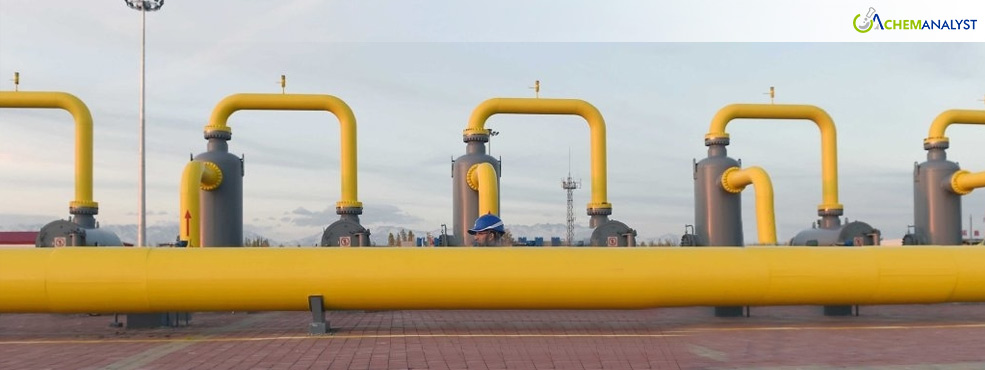Welcome To ChemAnalyst

Since adopting a policy of permanent neutrality in 1995, Turkmenistan has maintained limited engagement in international politics. However, recent developments suggest the energy-rich Central Asian nation is seeking stronger ties with the West, particularly the United States, as it explores opportunities to diversify energy exports and expand its global economic partnerships.
In November 2023, Turkmenistan’s President Serdar Berdimuhamedov met with U.S. Senator Steve Daines to discuss energy export diversification and broader political and economic cooperation. This marked a significant step in Turkmenistan’s ambition to export natural gas to Europe, aligning with its strategy of diversifying energy routes. Senator Daines also engaged with Turkmen Foreign Minister Rashid Meredov to discuss potential collaboration in various sectors, signaling an acceleration in bilateral relations. Following these meetings, a session of the Turkmenistan-U.S. Business Council was scheduled to further strengthen economic ties.
Turkmenistan’s efforts to join the World Trade Organization (WTO) have also been bolstered by U.S. support. A training seminar organized by Turkmenistan’s Ministry of Finance and Economy, with contributions from the U.S. Agency for International Development (USAID), emphasized the nation’s commitment to global economic integration. The seminar was attended by U.S. Ambassador to Turkmenistan Elizabeth Rood, reflecting Washington’s interest in Turkmenistan’s economic reforms.
Energy remains central to Turkmenistan’s engagement with the West. The country’s rich natural gas reserves have long attracted European interest, particularly as the EU seeks to reduce dependence on Russian energy. While the Trans-Caspian Gas Pipeline project remains stalled, Turkmenistan and Turkey have discussed gas supply agreements that could eventually deliver Turkmen gas to Europe. Turkish President Recep Tayyip Erdogan and Turkmen leaders share optimism about this prospect, with preliminary agreements suggesting progress.
The United States also views Turkmenistan as a key regional player. High-profile meetings in Washington earlier this year between Turkmen officials and American companies, including Exxon Mobil and General Electric, explored avenues for cooperation. Furthermore, the U.S. has praised Turkmenistan’s commitments to climate change and sustainable development, signaling broader alignment on global priorities.
Despite this warming relationship, Turkmenistan’s historical challenges, including criticisms of human rights and press freedoms, remain. However, shifting geopolitical dynamics, particularly the EU’s push for energy independence from Russia, have positioned Turkmenistan as an important alternative supplier. The country’s engagement with the Organization for Security and Co-operation in Europe (OSCE) further underscores its evolving foreign policy.
While maintaining its policy of neutrality, Turkmenistan is clearly taking steps to deepen ties with the West. By leveraging its energy resources and seeking integration into global economic frameworks, the nation is gradually reshaping its geopolitical orientation.
We use cookies to deliver the best possible experience on our website. To learn more, visit our Privacy Policy. By continuing to use this site or by closing this box, you consent to our use of cookies. More info.
